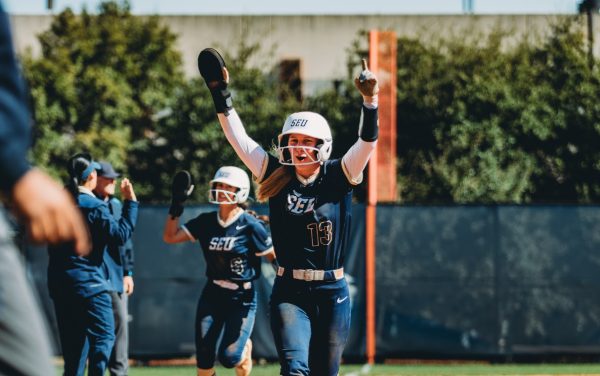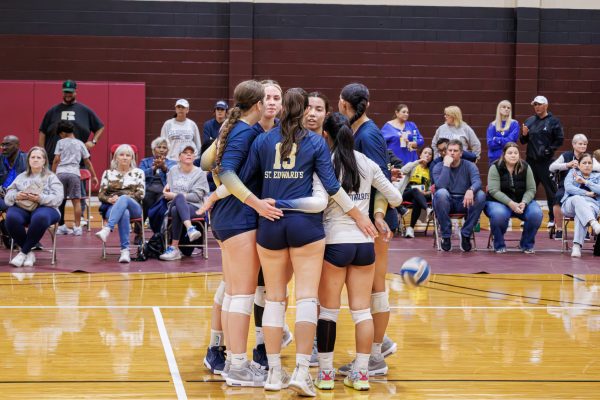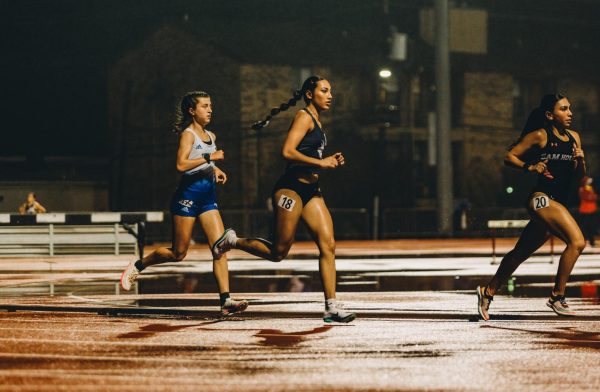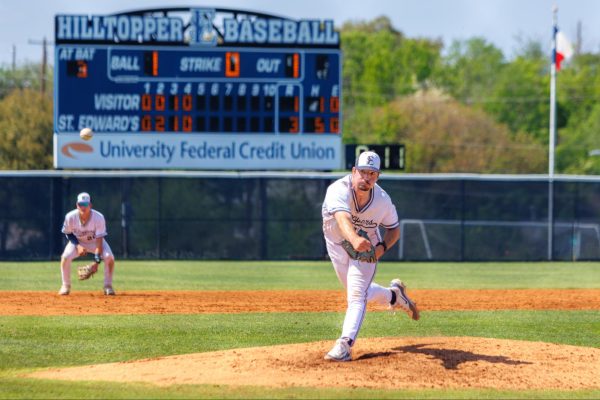Off To The Races: Sports spectators ignore social issues
My byline doesn’t usually find itself in the sports section of Hilltop Views (or the sports section of any publication for that matter.)
But after reading a feature on horse racing in the December edition of The New Yorker, the story of two up-and-coming jockeys from Puerto Rico has me thinking about the sport of horse racing and, oddly enough, the House of Representatives.
Irad and Jose Ortiz are roughly my age at 25 and 24. The brothers are third-generation jockeys who’ve broken many records on European and U.S. tracks. Their winnings include Triple Crowns, illustrious riding titles in Saratoga and wins in Churchill Downs.
To fans of horse racing, the brothers are manna from heaven. Raised to ride horses since they were young, the Oritzes have been known for their sportsmanship, horse-whispering abilities and a tendency to outcompete one another in the name of U.S. racing.
As I read about the brothers and their sportsmanship, I couldn’t help but think of the state of the Ortizes’ homeland in Puerto Rico. For decades, the U.S. territory has been called, “America’s own Third World country,” a term coined by journalist Cate Long, and with the onslaught of Hurricane Maria this year, Puerto Rico only continues to experience devastating economic impacts.
Marking the 10-week benchmark post-hurricane, PBS reported that currently 66 percent of power has been restored in Puerto Rico, while under a thousand survivors are shelter-bound and 2.7 cubic yards of debris remain. Has the mainland done enough?
Perhaps more critically, however, there’s the matter that Puerto Rico is not a state. Though allotted a non-voting resident commissioner in the House of Representatives, representation of assistance to Puerto Rico is a far cry from the republic ideal of the rest of the nation.
The same U.S. that praises the pair of picturesque jockeys as they win medals and promote family values, ignores Puerto Rico and her staggering statistics such as that 58 percent of children on the island live at or below the poverty level.
Fast to glorify successful athletes and ignoring social issues that hit close to home, the sporting world of the west is the same one that attempts to dictate how and when athletes participate in acts of protest.
The situation reminds me of colosseum-style fighting in ancient Greece. We pick the best football players and the best race horse jockeys, etc. and get these professionals to win medals for us, entertain us, endure the sharp-toothed beasts of brain injury and physical trauma—all the while ignoring the lack of representation and voice given to those who play.
Athletes shouldn’t have to be the spokespersons for impoverished islands or marginalized racial groups, yet they are some of the few given any semblance of a stage. John Seabrook’s piece on the Ortiz brothers chooses not to dive into politics. My thought is, when athletes choose to speak up about how life is in their corner of the world, the least we can do is listen.






